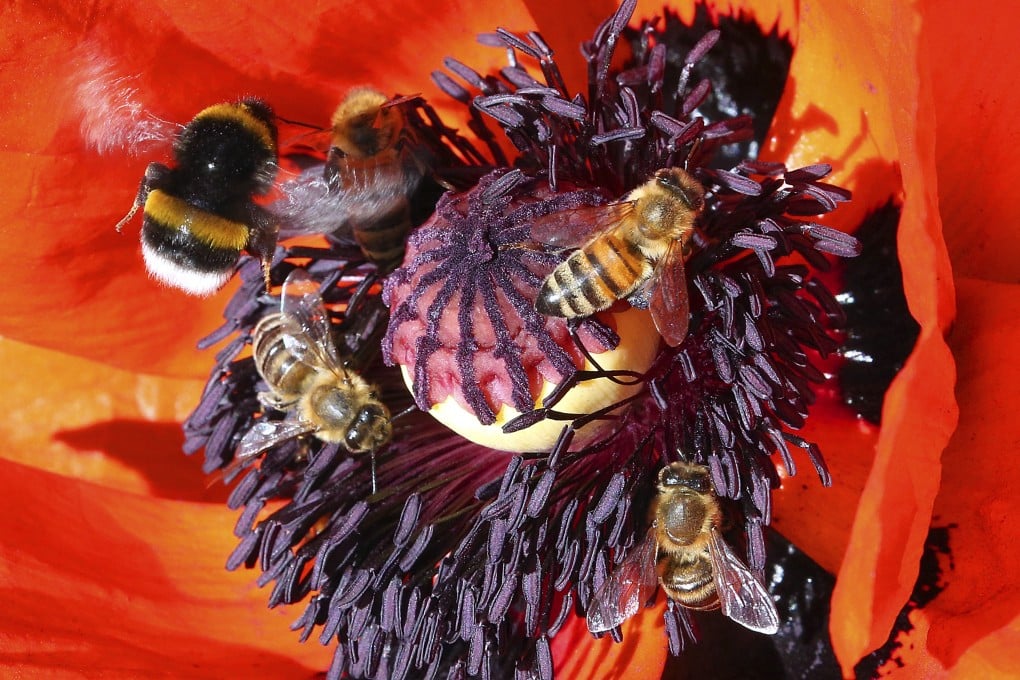Advertisement
Outside In | EU’s ‘honey laundering’ complaints on China have protectionist sting in their tail
- China is in Europe’s sights again, this time over being the main source of adulterated and misleadingly labelled honey exported to the EU
- Europe’s agricultural sector is just the latest arena in which protectionist policies are being erected with the justification of national security
Reading Time:3 minutes
Why you can trust SCMP
7

As if there were not already enough national security threats for the European Union to worry about, it seems another is about to be added: “honey laundering”.
A two-year examination by the European Union’s Anti-Fraud Office of 320 samples of imported honey has found that 46 per cent of the imported samples were adulterated in a wide range of imaginative ways. They ranged from simply adding sugary syrup to additives and colourings to mislabelling and disguising where the honey came from.
Almost three-quarters of the adulterated samples came from China. This is perhaps no surprise since China is the world’s leading honey producer, accounting for about 40 per cent of all exports by volume. New Zealand leads the world in terms of export value because of the premium prices earned from its manuka honey.
Advertisement
Combine China’s market presence with its poor track record on food safety – remember the awful melamine-tainted baby formula scandal in 2008 that killed six babies and affected an estimated 300,000 children? – and China being targeted for so many trade and economic complaints these days and it is unsurprising that China is in the EU’s sights.
Europe’s 600,000 or so beekeepers, most of them located in the warmer southern member economies around the Mediterranean, are up in arms. Cheap honey imports are not just threatening their livelihoods, the decline of local bee populations is undermining the pollination that local bees provide and threatening Europe’s food security.
Advertisement
It seems nowadays that all trade protectionism needs to be justified on national security grounds, and the agricultural sector is no exception.
Advertisement
Select Voice
Select Speed
1.00x
